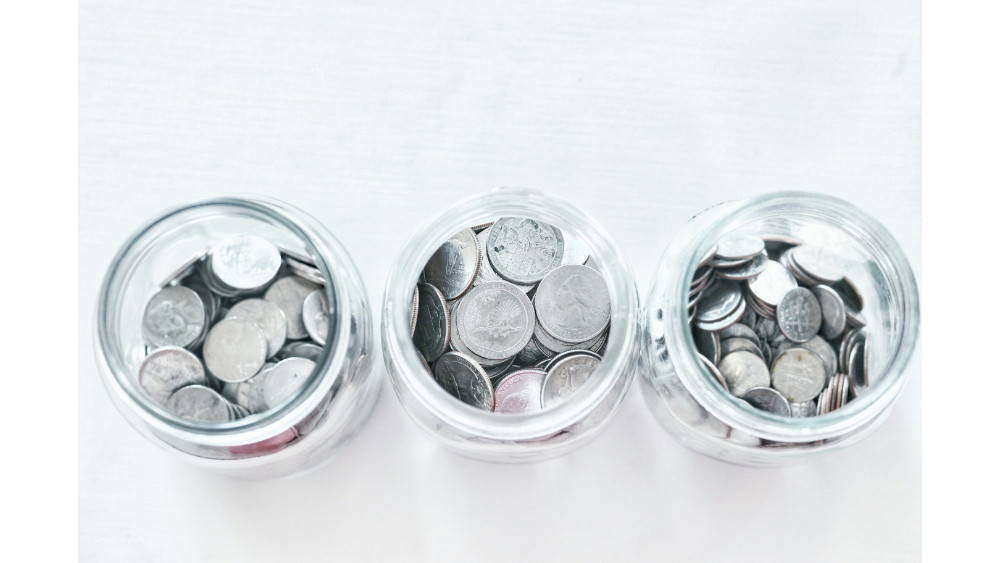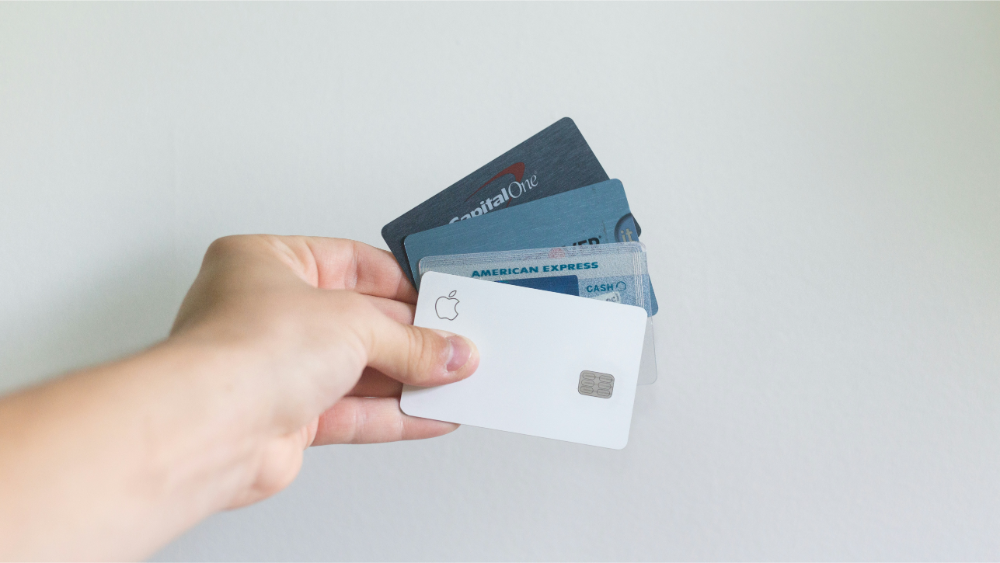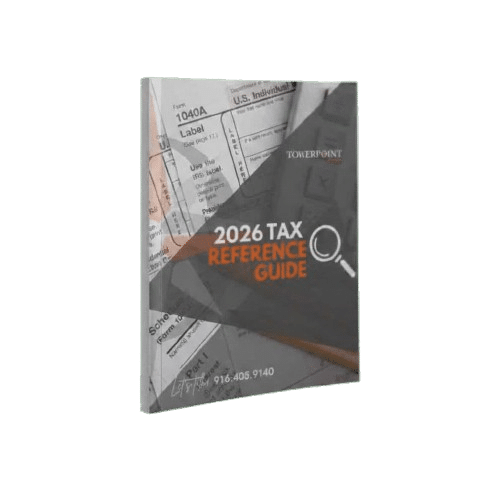Why Should Creating An Emergency Fund Be A Top Priority?
In a world where financial stability can go down the drain overnight, emergency savings are no longer optional, they are mandatory. Unexpected expenses like a medical bill, car maintenance or even a new roof can pop up out of nowhere. And while we can’t control when these events happen, we can control how prepared we are.
Whether you’re a professional navigating career changes, a retiree on a fixed income or a business owner managing volatile cash flow, having enough money in a separate savings account, even a small amount, means you can weather the storms without derailing your financial plan.
What Emergency Funds Create: Security, Flexibility and Confidence
Strong emergency funds create more than just a financial safety net, they create peace of mind. When you’ve set aside a proper cash cushion you make decisions from a place of stability not panic. Instead of scrambling to cover an unplanned expense you can rely on your fund and stay focused on your bigger financial goals.
An effective emergency savings fund also creates flexibility. You may want to take time off for family, pivot in your career or handle a surprise medical bill. With money set aside you’re better positioned to adapt without liquidating retirement funds or sacrificing long term growth.
Where to Store Emergency Funds for Maximum Access

Savings Account or Checking Account
When building an emergency fund where you keep it matters. A checking account offers easy access but it’s also where daily transactions occur, and it’s too easy to spend what you meant to save.
A savings account offers separation and some interest but ideally your emergency fund should live in a separate savings account designated for financial emergencies.
For added discipline consider opening your emergency bank account at a different bank or credit union than the one you use for everyday spending. This keeps the money “out of sight, out of mind” and reduces the temptation to withdraw it for a big purchase or impulse expense.
High Yield Savings Account for Better Results
A high yield savings account can offer better returns than traditional banks and still keep your money accessible. These accounts often found online or through a credit union are perfect places to park your extra cash while it waits for a true emergency.
You may also consider a money market account which combines higher interest with check-writing privileges, safety and access. Just make sure your emergency account is liquid and FDIC- or NCUA-insured.
How Much Should You Save in Your Emergency Fund?

Tailor Your Emergency Fund to Your Savings Goal
The standard rule of thumb is to save three to six months’ worth of living expenses but the right savings goal depends on your situation. Do you own a business? Support extended family? Travel frequently? These factors may require a larger reserve.
To calculate your personalized target start by adding up your monthly expenses, housing, utilities, insurance, groceries, transportation and any required minimum payments on debts.
Multiply that by the number of months you want to cover. This is your monthly savings goal and will help you stay motivated as you build your fund.
Even if you can’t save the full amount immediately remember every little bit counts. Every dollar adds to your financial security and brings you closer to your goal.
Real Life Emergencies Your Fund Should Cover

Car Repair Without Financial Setback
A sudden car repair or unexpected oil change can easily blow your budget. Instead of putting it on a credit card and making minimum payments your emergency fund allows you to pay for necessary car maintenance without hesitation. This keeps your finances intact and your stress levels low.
Job Loss
Job loss is one of the most common and financially devastating disruptions especially for professionals with dependents or high fixed costs. Having direct deposit funnel a portion of your income into a separate savings account each month ensures you’re ready if your income suddenly stops. With a fully funded reserve you can maintain your standard of living while you explore your next opportunity.
What to Avoid When Building and Using Emergency Funds
High Interest Debt
Without emergency funds most people turn to credit, and it often means high interest debt. When you’re using credit to cover emergencies and only making minimum payments you’re not solving the problem, you’re making it worse. Over time this debt undermines your ability to withdraw money for future priorities and erodes your long term financial health.
High Interest Credit Cards
The average credit card APR in 2025 is over 20%. That kind of high interest makes even small balances grow fast. Having a solid emergency fund ensures you don’t borrow for unexpected expenses and keeps your financial life in your control, not your lender’s.
Integrating Your Emergency Fund into Your Realistic Monthly Budget
Not aligning your emergency fund strategy with your monthly budget can lead to under-saving or worse dipping into the fund unnecessarily. You need to evaluate your monthly expenses carefully and make sure your savings rate reflects what it would take to cover those costs in a crisis.
Budgeting tools and financial planning software can help you track spending patterns, identify areas to cut back and redirect those funds into your emergency savings fund. At Towerpoint Wealth we guide clients in integrating emergency savings into their overall financial goals so their reserves grow consistently and without friction.
Having a clear monthly budget also helps you define and stay on track with your monthly savings goal. This makes your progress more measurable and encourages long term discipline. When you build your emergency fund into your day to day cash flow strategy it stops feeling like an extra burden, and starts feeling like an integral part of your overall financial wellness.
Why the Right Interest Rate Matters for Your Emergency Savings

Another mistake to avoid is keeping your emergency fund in an account with a bad interest rate. While the primary goal of an emergency fund is liquidity, not growth, parking your funds in a traditional savings account that earns 0.01% APY can erode its value over time.
In today’s financial landscape high yield savings accounts and money market accounts from reputable banks or credit unions can offer interest rates of 4% or more, so your emergency reserve keeps pace with inflation.The right interest rate also matters how fast your fund grows passively.
Even a little higher yield can make a difference over time, especially if you’re saving three to six months’ worth of living expenses. Our fiduciary advisors can help you evaluate options that balance safety, access and returns on your money set aside.
How to Build Your Emergency Fund Strategically
Use Online Banking to Automate Savings
Online banking makes building an emergency fund easier than ever. Set up automatic transfers from your bank account on payday so your savings grow without extra effort. If your employer allows, consider splitting your direct deposit, sending part of each paycheck into your emergency account.
Many apps also offer savings features that round up everyday purchases and deposit the difference into a separate savings account, so you grow your reserve passively.
Use Windfalls and Bonuses to Grow Faster
Every time you get extra cash, a tax refund, annual bonus or even proceeds from a side hustle, consider putting a portion into your emergency fund. These lump sums can accelerate your progress towards your monthly savings goal.
While it’s tempting to spend windfalls on a big purchase, using them to fund your financial safety net will provide more value in the long run, and peace that’s hard to put a price on.
Review and Adjust as Life Changes
As your income, family and priorities change so should your emergency fund. Maybe your monthly expenses have changed or you’ve taken on new responsibilities. At Towerpoint Wealth we work with clients to review their reserves annually to make sure they still meet their needs.
Regular review ensures your emergency fund remains strong and aligned with your overall financial goals, not outdated or insufficient.
Myths That Keep People From Prioritizing Emergency Funds
“I Don’t Need One, I Earn Enough”
Many believe a high income is enough to protect them from emergencies. But the truth is, higher income often comes with higher expenses, and more to lose. Without a cash cushion you may still be forced to sell assets or dip into retirement plans if an unplanned expense arises.
“My Investments Will Cover Me”
Selling investments during a downturn can lock in losses, create tax complications and derail long term financial goals. Worse, you may be forced to use retirement funds, incurring penalties. Emergency savings protect your wealth-building strategies by providing a separate source of money when you need it.
“I’ll Start Saving Later”
Waiting to start an emergency fund is one of the costliest financial mistakes. Life doesn’t wait, and neither do financial emergencies. Even a little saved today is better than nothing saved tomorrow. Start small, stay consistent and let the habit compound over time.
Why Emergency Fund Planning is at the Core of Towerpoint Wealth
How Emergency Funds Support Holistic Wealth Management
At Towerpoint Wealth, our clients’ financial security is our top priority. Emergency fund planning is a key part of the overall strategy so clients can navigate turbulence without veering off course. With the right plan in place you can protect your future and feel secure every step of the way.
Real Client Outcomes: Emergency Funds in Action
We’ve helped clients navigate everything from surprise legal disputes to major home repairs, without stress or financial fallout. In each case having money set aside in a liquid, accessible reserve made all the difference. Emergency funds give you the freedom to handle whatever life sends your way while staying aligned with your values and objectives.
Get Started: Build Your Emergency Fund With Us
A well-funded emergency reserve is one of the most powerful tools in personal finance. It allows you to face unplanned expenses with calm and keep your long term strategy intact. If you haven’t reviewed your reserve recently, or haven’t started building one, Towerpoint Wealth can help.
Let’s talk about how to integrate emergency fund planning into your overall wealth strategy.
Contact us today to get started.







